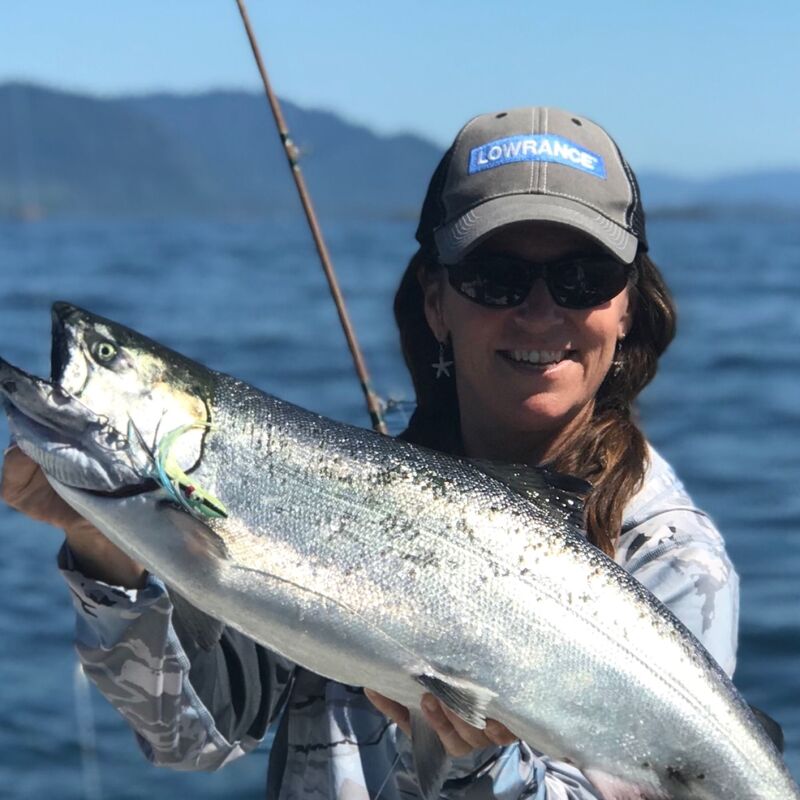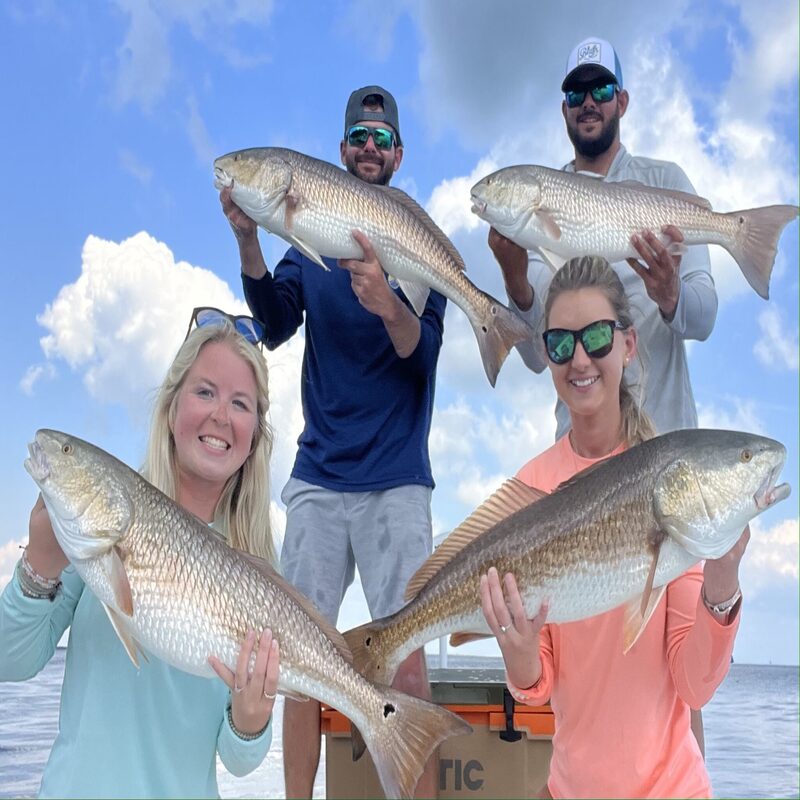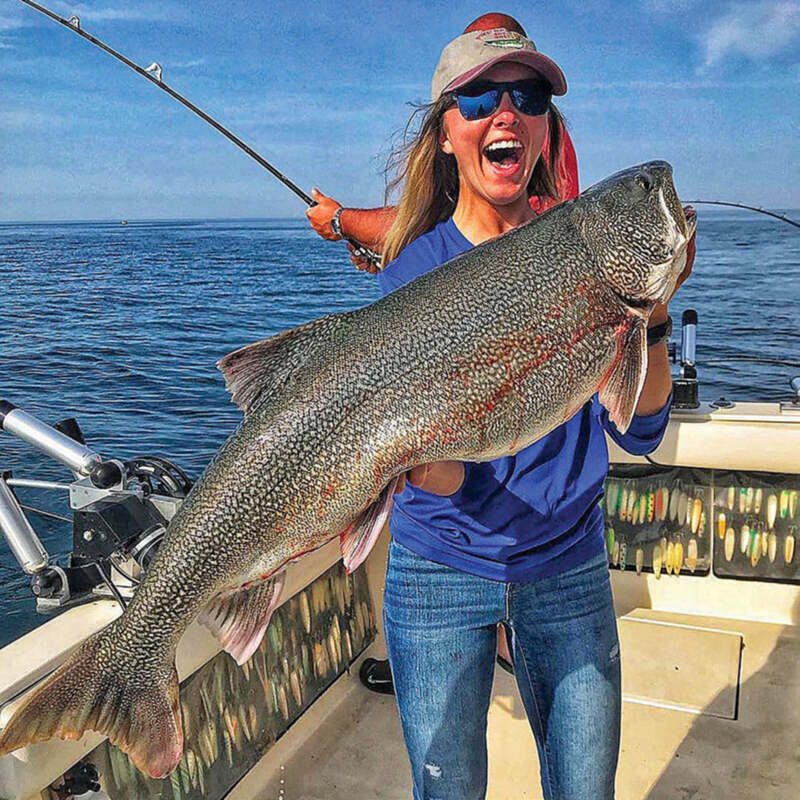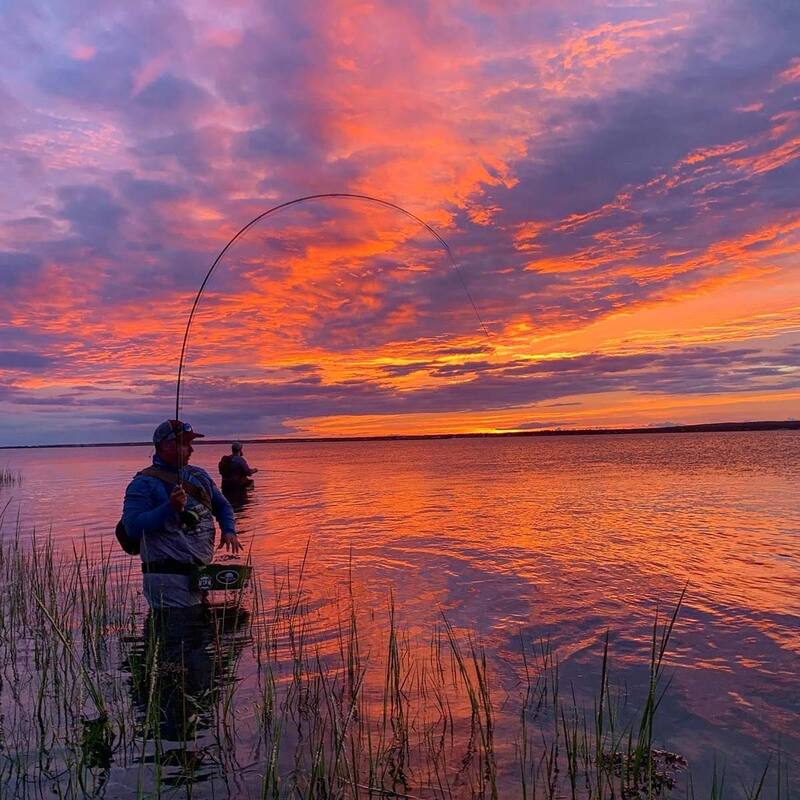Sport fishing, also known as recreational fishing, is a popular activity that combines relaxation, skill, and excitement. Unlike commercial fishing which focuses on large-scale harvests for sale, sport fishing is about enjoyment and the thrill of the catch. Anglers often embrace this pastime for leisure, competition, or both. The practice can take place in various environments, including freshwater lakes, rivers, and the open ocean. Sport fishing is not just a hobby; it is a lifestyle that involves a deep appreciation for nature and conservation. Therefore, understanding the facets of sport fishing can enrich your participation and appreciation of this beloved activity.
The Basics of Sport Fishing
Sport fishing encompasses several fundamental aspects that every angler should understand. Therefore, let’s explore the basics to provide a solid foundation.
Types of Sport Fishing
Sport fishing can be categorized into several types, each offering unique experiences and challenges. Freshwater fishing occurs in lakes, rivers, and streams, targeting species like bass, trout, and pike. Saltwater fishing, on the other hand, takes place in the ocean or seas, attracting species such as marlin, tuna, and snapper. Fly fishing is a specialized form that uses lightweight lures, called flies, to imitate natural prey. Surf fishing occurs along shorelines and requires casting from beaches, targeting species like surfperch and striped bass. Therefore, understanding the different types of sport fishing can help you choose the one that best suits your interests.
Essential Gear and Equipment
The gear and equipment used in sport fishing are crucial for a successful and enjoyable experience. Basic equipment includes a fishing rod, reel, and line, all tailored to the type of fishing and target species. Lures and bait, whether live, artificial, or fly, play a significant role in attracting fish. Additional tools such as tackle boxes, hooks, and sinkers are also essential. Anglers often wear specialized clothing, like waders and vests, to stay comfortable and efficient. Furthermore, safety equipment like life jackets and first aid kits are vital for a secure outing. Therefore, having the right gear and equipment sets the stage for effective sport fishing.

Techniques and Strategies in Sport Fishing
Mastering various techniques and strategies can significantly improve your success rate and enjoyment. Therefore, let’s dive into these essential elements.
Casting and Retrieving
Casting and retrieving are fundamental techniques in sport fishing, crucial for bait placement and attracting fish. Proper casting involves swinging the rod back and propelling the line forward, landing the bait or lure in a desired spot. The technique can vary based on the fishing method, such as fly casting or surf casting. Retrieving involves pulling the line back in, mimicking the movement of prey to entice fish. Varying the speed and rhythm of retrieval can trigger strikes from different species. Therefore, mastering casting and retrieving techniques enhances your effectiveness as an angler.
Knots and Rigging
Knowing how to tie various knots and rig setups is essential for securing bait and ensuring strong connections. Popular knots include the improved clinch knot, Palomar knot, and loop knot, each serving specific purposes. Rigging arrangements, such as the Carolina rig, Texas rig, and drop shot rig, are tailored to different fishing conditions and target species. Proper knot tying and rigging can prevent line breaks and improve bait presentation, increasing your chances of a successful catch. Therefore, proficiency in knots and rigging is crucial for effective sport fishing.
Benefits of Sport Fishing
Engaging in sport fishing offers a range of benefits that extend beyond the thrill of the catch. Therefore, exploring these advantages highlights the activity’s value.
Physical and Mental Health
Sport fishing provides significant physical and mental health benefits, promoting overall well-being. The physical aspect involves activities like casting, reeling, and wading, providing a low-impact workout. These movements improve cardiovascular health, muscle strength, and flexibility. Mentally, fishing offers a calming and meditative experience, reducing stress and anxiety. The connection with nature and the patience required for fishing enhances mindfulness and mental clarity. Therefore, sport fishing is a holistic activity that supports both physical and mental health.
Social and Community Engagement
Sport fishing fosters social interaction and community engagement, bringing people together. Anglers often join fishing clubs, participate in tournaments, and attend gatherings, building a sense of camaraderie. Shared experiences and knowledge exchange strengthen bonds among family members, friends, and fellow anglers. Community involvement extends to conservation efforts, where anglers participate in habitat restoration and clean-up projects. These collective actions contribute to preserving fishing environments for future generations. Therefore, sport fishing promotes social and community cohesion.

Environmental and Conservation Aspects
Sport fishing has significant environmental and conservation implications. Therefore, understanding these aspects underscores the importance of responsible fishing practices.
Catch and Release Practices
Catch and release is a critical practice in sport fishing, promoting fish population sustainability. It involves catching fish and then releasing them back into their natural habitat, minimizing harm and allowing them to reproduce. Anglers must handle fish carefully, using barbless hooks and wet hands or gloves to reduce stress and injury. Proper techniques ensure the fish’s survival and health upon release. Catch and release help maintain balanced ecosystems and healthy fish populations, supporting sustainable fishing practices. Therefore, embracing catch and release is vital for conservation efforts in sport fishing.
Protecting Aquatic Habitats
Protecting aquatic habitats is essential for preserving the environments where fish thrive. Anglers play a crucial role in conservation by advocating for clean water, habitat restoration, and responsible fishing practices. Avoiding pollution, using eco-friendly gear, and participating in habitat clean-ups contribute to healthier ecosystems. Supporting regulations that protect endangered species and sensitive habitats ensures the long-term sustainability of fishing resources. Therefore, protecting aquatic habitats is a collective responsibility that benefits both nature and sport fishing enthusiasts.
Competitive Sport Fishing
Competitive sport fishing adds an exciting dimension to the pastime, allowing anglers to showcase their skills. Therefore, exploring competitive aspects can inspire greater participation.
Tournaments and Competitions
Fishing tournaments and competitions offer anglers the opportunity to test their skills, strategies, and endurance. These events can range from local derbies to international championships, targeting various species and employing different fishing methods. Competitors strive to catch the largest or most fish within a specified timeframe, often following strict rules and ethical guidelines. Prizes can include monetary rewards, trophies, and recognition among the angling community. Therefore, participating in tournaments brings excitement and prestige to sport fishing.
Professional Angling
Professional angling is a career path that allows dedicated anglers to earn a living from their passion. Professional anglers often compete in high-stakes tournaments, endorse products, and engage in media appearances. They may also work as fishing guides, sharing their knowledge and expertise with clients. Sponsorships from fishing gear manufacturers and other related companies are typical, providing financial support and resources. Therefore, professional angling offers opportunities for recognition and financial reward in the sport fishing world.

How to Get Started with Sport Fishing
Starting your journey in sport fishing can be both exciting and rewarding. Therefore, understanding the initial steps helps you get off to a great start.
Choosing the Right Equipment
Selecting the right equipment is crucial when beginning your sports fishing adventure. Start with a versatile rod and reel combo suitable for your target species and fishing environment. Purchase a basic tackle box with essential items like hooks, sinkers, and lures. A good quality fishing line and a selection of baits, whether live or artificial, are necessary. Don’t forget safety gear, such as a life jacket and a first aid kit. Investing in the right equipment ensures a positive and successful start. Therefore, choosing the right equipment is foundational for new anglers.
Learning Basic Techniques
Acquiring basic fishing techniques sets the stage for a fulfilling sports fishing experience. Begin by learning how to cast, retrieve, and tie essential knots. Practice these techniques in a safe and controlled environment, like a local pond or lake. Joining a fishing class or seeking guidance from experienced anglers can provide valuable hands-on instruction. Reading books, watching tutorials, and participating in online forums can further enhance your knowledge. Therefore, mastering basic techniques builds your confidence and skill as a novice angler.
Conclusion
Sports fishing is a multifaceted activity that blends relaxation, skill, and excitement, offering enjoyment and numerous benefits. Understanding the basics, including types of sports fishing and essential gear, provides a solid foundation for participation. Techniques and strategies such as casting, retrieving, knots, and rigging can significantly improve your success rate and enjoyment. The benefits of sport fishing extend to physical and mental health, as well as social and community engagement. Environmental and conservation aspects emphasize the importance of responsible practices, such as catch and release and protecting aquatic habitats. Competitive sports fishing adds an exciting dimension, offering tournaments and professional opportunities. Getting started involves choosing the right equipment and learning basic techniques, paving the way for a rewarding journey. Therefore, by following this comprehensive overview, you can fully appreciate and engage in the enriching world of sport fishing.
